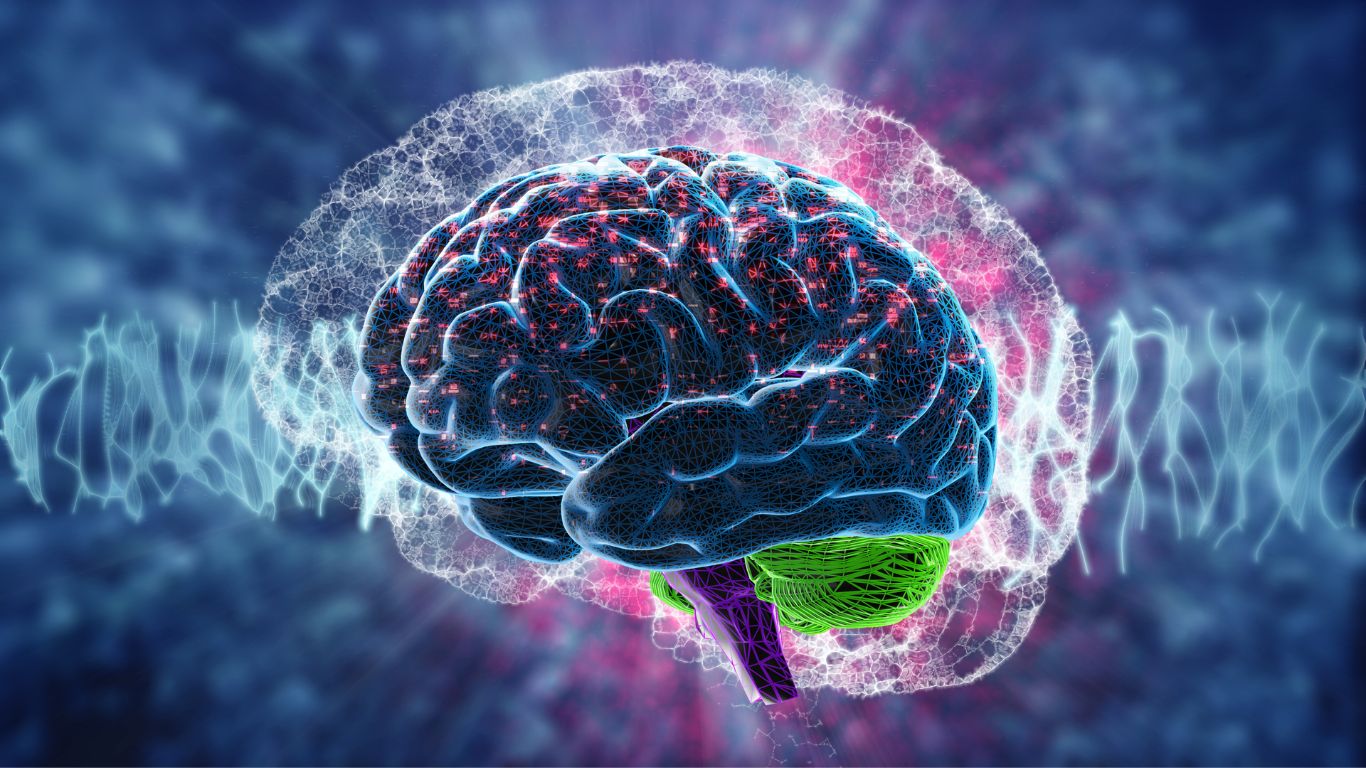How Do Benzodiazepines Affect the Brain?
Benzodiazepine addiction has become a growing concern for a number of Americans each day. When taken as prescribed by a doctor, there are a number of health benefits that will treat ongoing mental health disorders such as anxiety disorder, panic disorder, or panic attacks, and support individuals with seizures. However, when someone engages in benzodiazepine abuse there can be serious side effects and a physical dependence that can be developed.
To gain a better understanding of benzodiazepine addiction it is important to understand how benzos work and their effects on the brain. Benzodiazepines work by enhancing the neurotransmitters within your central nervous system and brain called GABA (gamma-aminobutyric acid) at the GABA A receptor. The increase in GABA neurotransmitters from the effects of benzodiazepines while causing an individual to feel symptoms or effects such as sedation, hypnotic state, muscle relaxant, treat anxiety, and act as anticonvulsant.
What are the Long-Term Effects of Using Benzodiazepines on the Brain and Body?
If you have been living with a benzodiazepine addiction for an extended period of time, there is an increased risk to experience long-term side effects on the brain. The use of benzodiazepines is intended for short-term use and when an individual begins to engage in drug abuse with benzos, it can have significant impacts on brain functioning.
There is believed to be a correlation between long-term benzodiazepine addiction and the onset of Alzheimer’s disease. There have been studies that have shown that individuals engaging in benzodiazepine addiction for periods of time exceeding 6 months will have an 84% higher chance of developing Alzheimer’s disease.
Benzodiazepine addiction that has occurred for extended periods of time has also been known to experience impaired cognitive functioning and abilities. The effects of benzodiazepines have been known to impact certain parts of the brain that are responsible for memory and motor coordination. As your drug abuse continues over an extended period of time, individuals have found that they begin experiencing memory loss. Long-term effects on the brain can also include a decline in cognitive thinking and functioning including lack of concentration, slower thinking, and a need for increased time to complete tasks that you were once able to complete in a timely manner.
Can Benzodiazepine Addiction Cause Permanent Brain Damage?
Benzodiazepine addiction, similar to other substance use disorders, has the potential of causing brain damage especially if you have been engaging in drug abuse for an extended period of time. There have been researching and studies that have demonstrated structural damage within the brain after long periods of time of taking benzodiazepines. However, similar to those with alcohol-related brain damage, there is an ability to reverse some of the damage that is done by quitting your use of benzodiazepines and entering into a life of addiction recovery.
Get Help for Benzo Addiction and Abuse at TruPath Recovery
At TruPath we offer our patients an addiction treatment program that will meet their current needs and hopes at a rehab center. Our expert team of medical professionals will support you in your medical detox program which will support you in safely overcoming physical dependence on drugs and moving through your withdrawal symptoms with ease and comfort. Once you have successfully and safely overcome physical dependence, you will be ready to begin the addiction treatment process. Patients can choose from the levels of care that they wish to receive by participating in an inpatient drug rehab or outpatient treatment program. Both methods of addiction treatment will offer you a personalized treatment plan that is centered around your healing needs and goals for addiction recovery. With the support of evidence-based therapy including behavioral therapy, medication-assisted treatment, dual diagnosis treatment, 12step programs, and holistic therapy, you will be able to heal from the underlying causes of your benzodiazepine addiction while gaining the coping skills and tools to manage triggers and treat any mental health conditions with natural, holistic therapy approaches. Contact our rehab centers today to hear more about the comprehensive addiction treatment programs offered and get started on your journey to health and sobriety.
